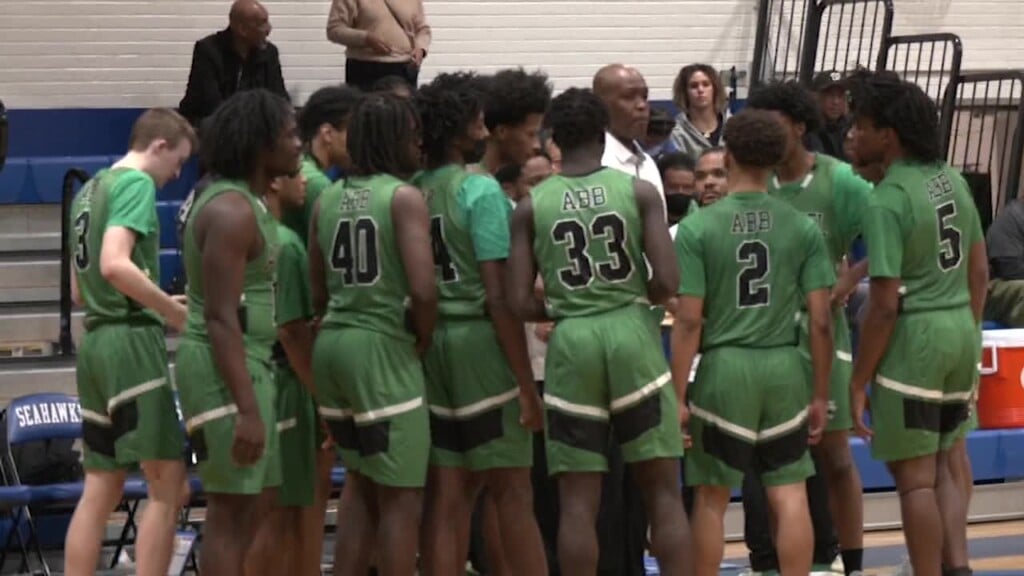Inmates get a financial second chance to pursue higher education
DELAWARE – Education is an important endeavor for many and now those behind bars have more access to finish or even start their higher education degrees.
For years, those behind bars have had to pay out of pocket to continue their education. Now, with the FAFSA Simplification Act all qualified inmates have access to further their studies with financial help. “We do offer getting a high school diploma as far as preparing them for that next step. And in addition to that, we also do some remediation because sometimes, you know, you’ve been out of school for a while. You may need some adult basic education, and that gives them that foundation for getting your high school diploma,” said Dr. Dwight Boney.
In the first state, Dr. Dwight Boney says having this opportunity gives those with a record a second chance to get on the right foot. “It reduces recidivism so you have a better chance of success when they reach the outside. They definitely are going to have a higher wage because they’re a better applicant when it comes to these jobs. We’ve had several people leave here and not only get an entry-level job but also become management,” said Dr. Dwight Boney.He says some inmates have already started higher education programs before serving time and having experienced the hardship of student loans, with this program, the hope is the financial burden will be reduced with the help of federal funding. “We’ve had people who might have gone to college already and didn’t complete, but they have defaulted on loans. So, it’s nice to be able to work with Del Tech and say, Hey, what does this person need to do to get out of this situation? And then we actually help them make that phone call and they get out of that situation, become eligible for FAFSA,” said Dr. Dwight Boney.In the state of Delaware, participating prisons lead their classes through Delaware Technical Community College. A connection that ensures no matter where you are with your sentence – you have the chance to leave with your degree. “We have that connection with Del Tech and they’ve been able to make that connection upon actually before release and then when they get released, they have a person they can have as a contact and say, hey, I want to continue going to college,” said Dr. Dwight Boney.
The Associate’s degree started out as a human services degree, and now it’s expanded to a general studies degree. The credits can transfer if you finish your sentence before you finish your matriculation.
The program is also running here in Maryland. Wor-Wic Community College is set to graduate 12 students in December.


